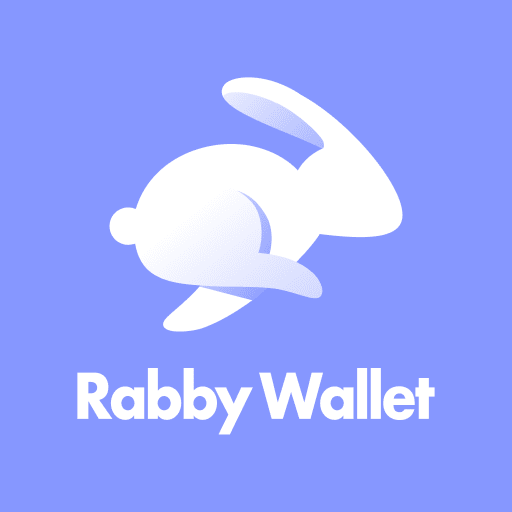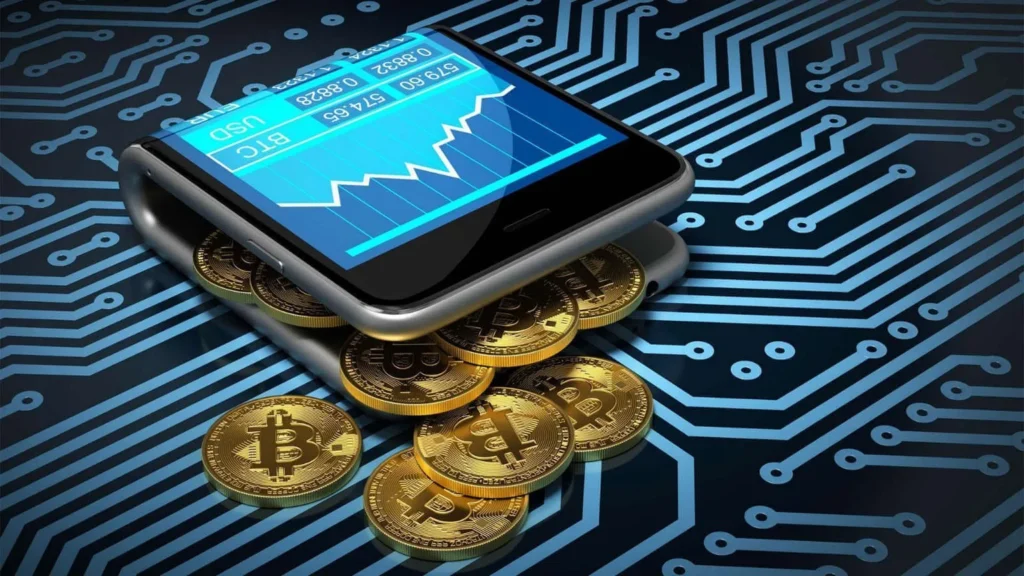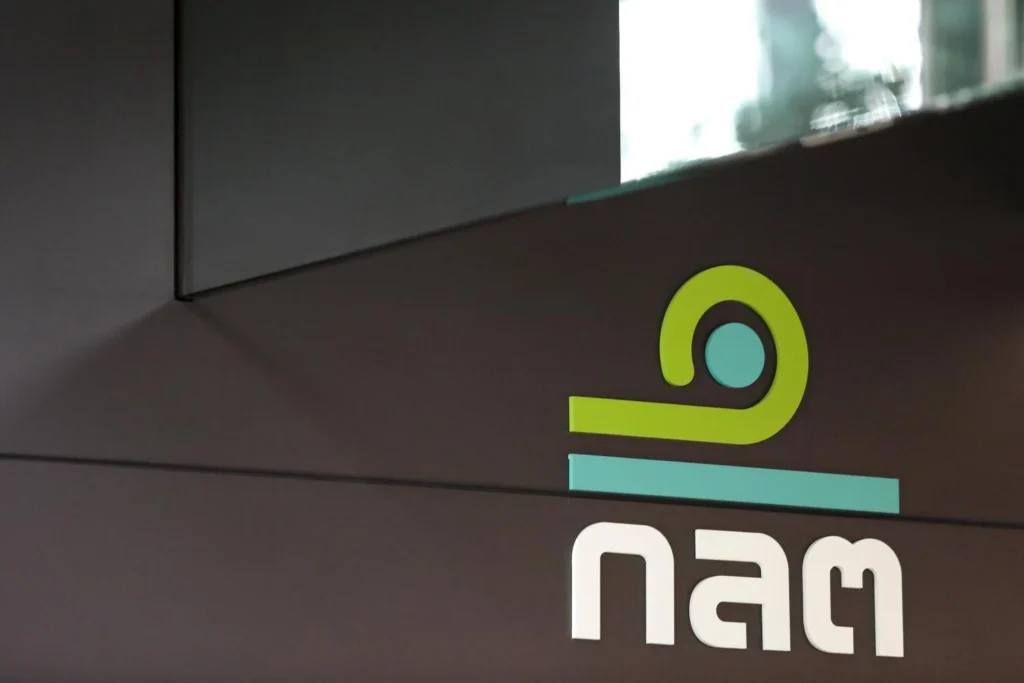Crypto payments in Thailand were once just a tech community pipe dream. A few cafés here and there flirted with the idea, maybe to appeal to digital nomads. But in 2025? There’s a quiet shift underway—and it’s being driven not just by interest, but by tools. Wallets, POS systems, crypto payment apps—these are the real enablers.
Let’s break down what’s happening and what Thai businesses are actually using.

From Curiosity to Checkout: How Crypto Tools Are Making Inroads
The buzz around crypto isn’t new, but what is new in Thailand is the practicality. Whether it’s a beachfront juice bar in Koh Tao or a Chiang Mai co-working space, many small-to-midsize businesses are exploring how to plug in crypto payment tools like Bitkub Pay, Binance Wallet, or NowPayments.
Some opt for wallet-to-wallet systems using MetaMask, Trust Wallet, or even Rabby—especially when the customer base is young, tech-forward, and crypto-fluent.
And it’s not all about Bitcoin. More often than not, Thai businesses are accepting USDT, USDC, and other stablecoins that reduce volatility headaches.

Credit from : Rabby
The Tools Helping Crypto Payments Thrive in Thailand
So, what are they actually using? Let’s break it down.
- Trust Wallet / MetaMask
For businesses that prefer the direct route, these decentralized wallets allow simple QR-code transactions with minimal setup. - Binance Pay / Bitkub Next
Integrated wallet apps from local and global exchanges are gaining popularity. They offer branded POS features, local language options, and smoother onboarding for Thai business owners. - NowPayments / CoinGate
For larger setups, especially hotels or online stores, these platforms offer dashboards, plugins, and multi-coin support—including conversion to baht. - QR Code Integrations with Stablecoin Support
Custom wallet-based QR payment systems are still widespread—especially among micro-businesses avoiding platform fees.
It’s not one-size-fits-all. Some shops just want a scan-and-go system. Others—like boutique hotels or spas—are using third-party platforms that offer invoicing, transaction tracking, and even auto-conversion to fiat.

Crypto Payments Thailand: What’s Allowed and What’s Still Murky?
Thailand’s regulatory stance is… cautious. Crypto use for payments is allowed—but businesses must still list prices in Thai baht, and any crypto transaction technically needs to be logged for tax purposes.
The Thai SEC has cracked down on some platforms in the past, so many businesses prefer to use regulated exchanges or wallets with KYC features. Apps like Bitkub Next are rising in popularity partly for this reason—they’re local, compliant, and simple to set up.
So yes, the tech is there—but there’s still a legal gray zone that some businesses navigate carefully.

What Adoption Really Looks Like on the Ground
Don’t expect touchscreen terminals with neon lights. In practice, crypto payments usually mean scanning a QR code, waiting a few seconds, and showing a confirmation screen. That’s it.
Some Sukhumvit-area restaurants in Bangkok report that a few customers per week pay with crypto—and when they do, they tend to spend a bit more. A Chiang Mai café owner we spoke with mentioned they started using Binance Pay not because they expected volume, but because “it’s easy enough to try.”
On the coast, resorts in Phuket are offering discounts for guests who pay in stablecoins—especially for longer stays or charter services. They’re using tools like CoinGate with automatic conversion to baht, removing volatility risks.

Crypto Payments Thailand: Looking Ahead
Crypto adoption among Thai businesses is still far from widespread—but it’s not insignificant. The entry point isn’t the idea anymore; it’s the tool. If an app makes it easy and safe to use, some businesses will try it. And if the government streamlines tax rules? Adoption could move even faster.
Whether you’re a barista in Pai or running a boutique villa in Krabi, the tools are already here—and being used.
So while crypto payments in Thailand may still be a niche thing, they’re no longer a novelty. And the apps behind them? They’re quietly laying the groundwork for something bigger.




